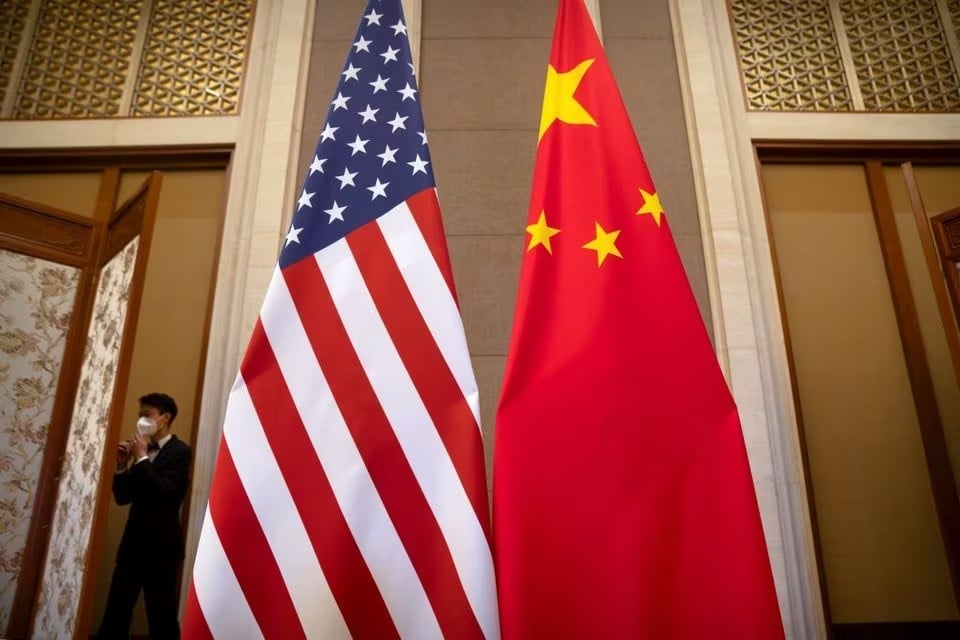 |
| Chinese companies have sought to enter the US market by directing investment to countries with good relations with Washington. (Source: Reuters) |
US-China trade tensions and rising protectionism are hurting foreign direct investment (FDI). While some countries are benefiting from the decline in Chinese FDI, overall cross-border investment is down.
The possibility of former President Donald Trump becoming the White House boss again is expected to have further impacts on the path of FDI.
According to the World Bank (WB), in 2022, global long-term FDI flows fell by 1.7%. In 2007, just before the global financial crisis, this rate was 5.3%. According to the United Nations Conference on Trade and Development (UNCTAD), FDI into developing countries also fell by 9% in 2023.
China has seen a significant drop in FDI inflows. FDI inflows to the country totaled just $16 billion in the first nine months of last year, down from $344 billion for all of 2021, according to the State Administration of Foreign Exchange. Divestments by foreign companies have almost outpaced the amount of new investment coming in.
Geopolitical tensions are not the only factors that have dampened investment flows and changed their direction. Higher interest rates and slower economic growth, partly due to global conflicts, have contributed to a sharp decline in FDI in recent years.
The more expensive currency has hit developing economies particularly hard. Higher capital costs have squeezed out investment opportunities. Worryingly, the number of new renewable energy projects in developing countries fell by a quarter last year, according to UNCTAD.
Meanwhile, Jacob Kirkegaard, a fellow at the Peterson Institute for International Economics (PIIE), said China’s rapid transition from a fast-growing economy to a slower one was one reason for the sharp drop in investment in the country. The Northeast Asian nation’s population is expected to decline for the second consecutive year through 2023, reflecting a weak economic outlook.
However, the US and its allies' restrictions on high-tech investment in China, as well as growing concerns among multinational companies about getting caught up in geopolitical conflicts, are also responsible for the decline in FDI flows.
The trend of “making friends” and “reducing risk”
Companies typically prefer to invest in friendly countries. This trend has grown as geopolitical tensions have risen, especially in the wake of Russia’s military incursion into Ukraine (February 2022) and the growing friction between the US and China.
Washington and its allies have responded by launching initiatives such as “befriending” and “de-risking” to reduce dependence on Beijing for strategic goods and build supply chains in friendly countries.
The West has also become more wary of Beijing’s investment in strategic industries, with the UK buying a Chinese stake in a nuclear power plant in 2022. Companies from Asia’s No. 1 economy have sought access to the U.S. market by investing in countries with good relations with Washington. For example, Lingong Machinery Group is setting up an industrial park in Mexico near the U.S. border, with an investment of $5 billion.
The Group of Seven (G7) has also begun to compete with Beijing’s $1.3 trillion Belt and Road Initiative (BRI). The G7 aims to mobilize up to $600 billion by 2027, opening up new opportunities for developing countries to help them build infrastructure, such as by accelerating green transitions.
Meanwhile, the US is pouring $369 billion into decarbonizing the economy through the Decarbonization Act, which is partly protectionist in that it favors domestic production and penalizes manufacturing in China.
Who benefits?
The biggest beneficiaries of these trends are emerging economies that can attract investment from both China and the West, said Hung Tran of the Atlantic Council. Vietnam and Mexico, for example, have seen more or less steady FDI growth, opening up new opportunities over the past decade at 4.6% and 2.9% of GDP, respectively, bucking the global slowdown.
But other developing economies are not doing so well. Many African countries have governance problems and are deeply in debt—factors that have discouraged global investors. FDI inflows to the continent reached just $48 billion last year, according to UNCTAD.
That could change, as Africa is home to the critical minerals needed for the green transition. As Western countries and China “fight” to secure supplies, African countries have an opportunity to compete with each other and secure investment – not just to extract resources but also to process raw materials domestically, said Tim Pictures of the Boston Consulting Group.
India is a bit of a different story. The country has attracted some big investments—notably from Foxconn, the Taiwanese company that assembles most of Apple’s products. But according to UNCTAD, FDI will only account for 1.5% of GDP by 2022, and that figure has already fallen by 47% last year.
One of the South Asian nation’s weaknesses is its high tariffs, which mean manufacturers have to pay more for imported components, discouraging foreign investors from using the country as an export hub. Another is China’s unfriendly attitude towards investment following military clashes on the border between the two countries, although New Delhi has said it may ease investment restrictions if the border remains peaceful.
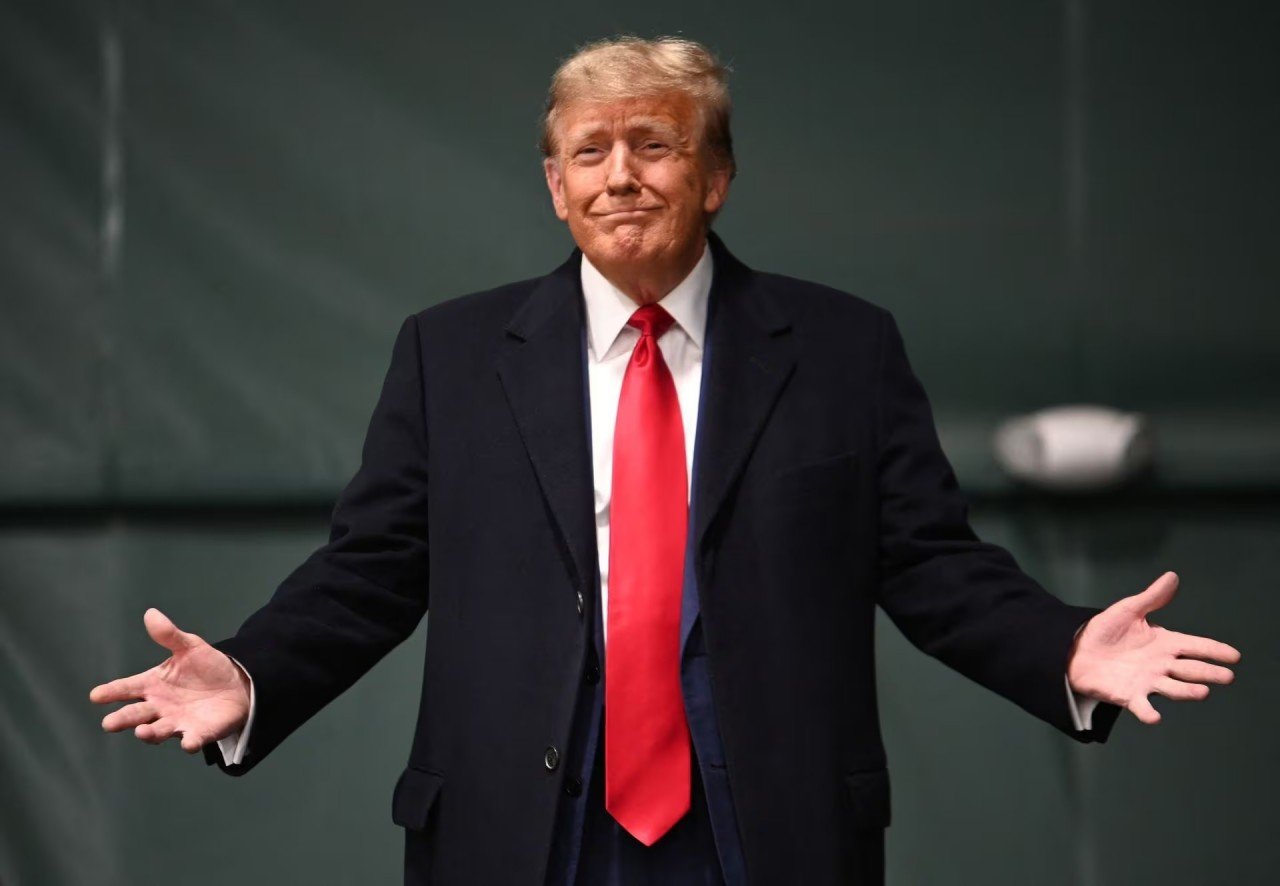 |
| Republican presidential candidate and former US President Donald Trump visits the caucus site at the Horizon Event Center in Clive, Iowa, on January 15. (Source: Reuters) |
Impact from Mr. Trump?
Investment flows will change as governments and companies continue to respond to the changing geopolitical landscape. But if Mr Trump wins the US presidential election this year, the shift could accelerate.
The billionaire has pledged to impose a 10% tariff on all imports into the US, taking a particularly hard line on goods from China by revoking Washington's most favored nation trade status.
It remains unclear what Mr Trump would actually do if he were re-elected. But if he harms global trade, global investment could be hit hard. Even some countries that have benefited from recent trends could be hurt by a resurgence of protectionism.
Regardless of what happens in the US election, political considerations are increasingly driving investment decisions around the world. If that distorts the logic of trade, it is another reason to be pessimistic about global growth.
Source




![[Photo] Magical moment of double five-colored clouds on Ba Den mountain on the day of the Buddha's relic procession](https://vphoto.vietnam.vn/thumb/1200x675/vietnam/resource/IMAGE/2025/5/9/7a710556965c413397f9e38ac9708d2f)

![[Photo] Prime Minister Pham Minh Chinh chairs a special Government meeting on the arrangement of administrative units at all levels.](https://vphoto.vietnam.vn/thumb/1200x675/vietnam/resource/IMAGE/2025/5/9/6a22e6a997424870abfb39817bb9bb6c)

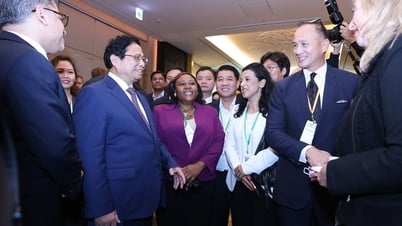








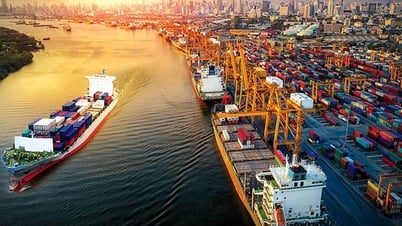






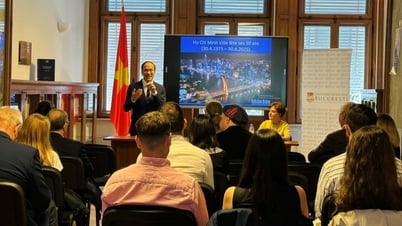








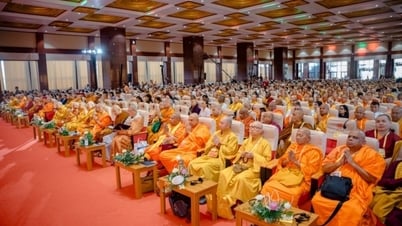










































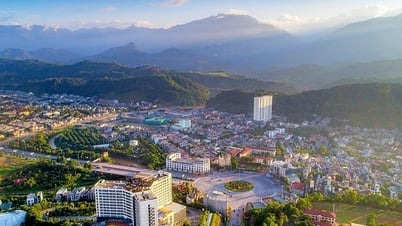




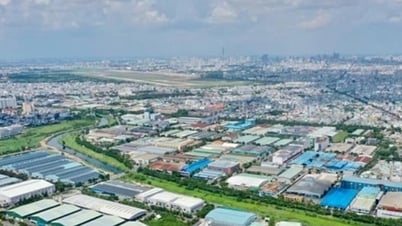

















Comment (0)